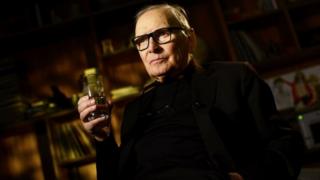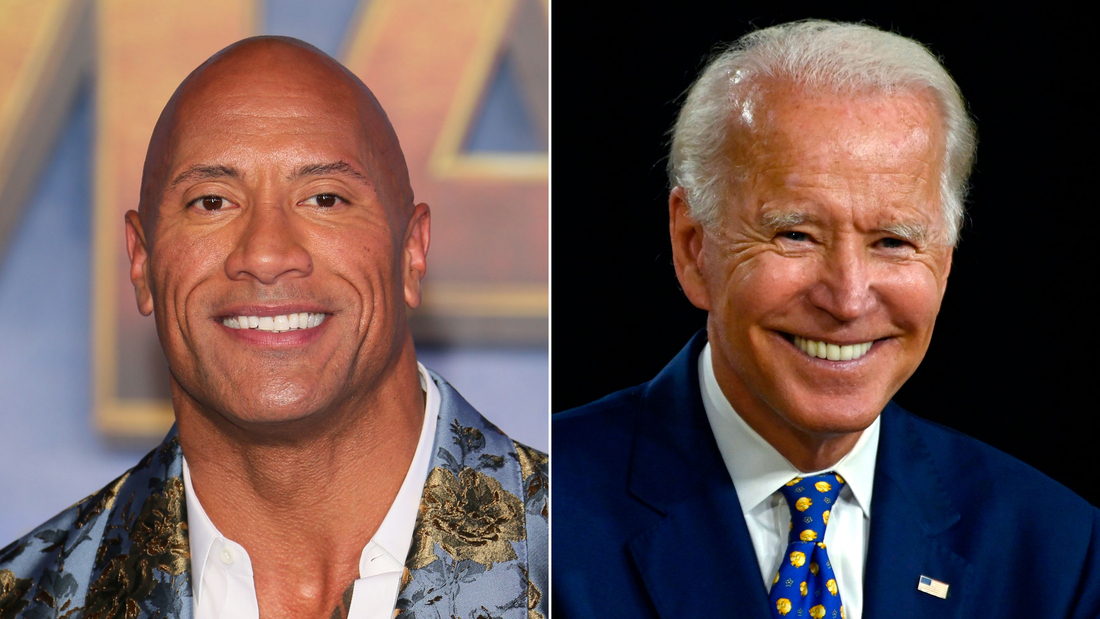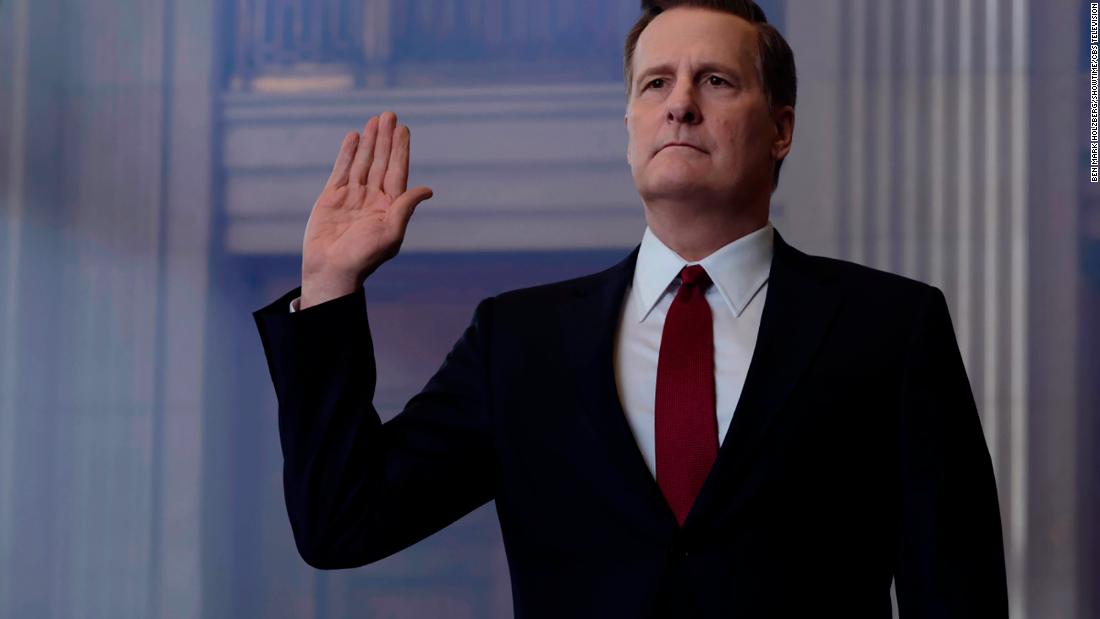 Image copyright
Reuters
Image caption
Morricone has died at the age of 91
Image copyright
Reuters
Image caption
Morricone has died at the age of 91
Ennio Morricone's innovative and influential scores revolutionised the music of the film industry.
He became famous for scoring the Spaghetti Westerns directed by his friend Sergio Leone, such as A Fistful of Dollars and The Good, the Bad and the Ugly. His sparse soundtracks were a vital component of Leone's revolutionary take on the Western genre.
Yet this association often pained him because he was, in fact, a composer of great versatility with more than 500 film and TV scores to his credit.
Despite his Hollywood success, he remained true to his roots, composing many scores for Italian cinema.
Image copyright Getty Images Image caption Morricone (left) became a proficient jazz trumpeter in his youthEnnio Morricone was born in Rome on 10 Nov 1928. His father was a jazz trumpeter, and the young Morricone took up the instrument at an early age and was writing short compositions by the time he was six.
He attended the Santa Cecilia Conservatory, where he became classmates with Leone, with whom he would later form one of the great director/composer partnerships.
His first love was scoring classical pieces but, in order to make a living, he began composing background music for radio drama.
He later turned his hand to film scores, but none of them made much impact until his old college friend asked him to write the soundtrack for Per Un Pugno di Dollari (A Fistful of Dollars).
Image copyright Getty Images Image caption Morricone (left) with his collaborator Sergio Leone in 1984With scarcely any budget, Morricone was unable to replicate the lush strings of the early Westerns, instead using electric guitars and a variety of sound effects to punctuate the often violent action on screen.
In doing so, he underlined the mythical emptiness of the surrounding landscape and the brutal realities depicted in the film, which would influence Westerns for years to come.
Most famously, Morricone penned the memorable and intriguing theme to 1966's The Good, the Bad and the Ugly, the third in the Dollars trilogy. With the sounds of coyotes, the trotting of drum rhythms and electric guitar twangs, the track soon became a worldwide hit, reaching the number one spot in Britain in 1968.
Image copyright Getty Images Image caption Despite being tempted away, he refused to leave his beloved RomeIt also conjured up the familiar imagery of a young Clint Eastwood riding a mule over burning deserts, re-establishing the all-American genre with a unique European irony.
Morricone went on to become one of the most prolific composers of his era, with hundreds of film scores in his repertoire.
"I am disturbed when people think about me as a specialist for Westerns," he once said. "They are only a relatively small percentage of the music I've written."
No-nonsense professional
His desire to maintain a European bulwark against a dominant US film culture was also important to him. He even opted for handwritten scores over the newly modernised forms of computer scoring.
Morricone's work was seen as influential in bringing a certain popular style to the classical sound. He used period jazz phrases in his score for Once Upon a Time in America, to set the right historical context.
Image copyright Getty Images Image caption Fittingly it was Clint Eastwood who presented him with his honorary OscarHis score for The Mission (1986) was described as so moving that rather than complementing the film, it overwhelmed it.
A no-nonsense professional, Morricone left a legacy of compositions that convey a timeless aura. In 2007 he was, belatedly according to his many fans, awarded an honorary Academy Award, only the second film score composer to receive such an accolade.
His six competitive Oscar nominations from 1979 to 2016 were for Days of Heaven, The Mission, The Untouchables, Bugsy, Malena and The Hateful Eight. He finally won for the latter, Quentin Tarantino's revisionist Western. It was Morricone's first Western score for more than three decades.
Some deemed his score for Once Upon A Time in America to be his best work. Another favourite was Giuseppe Tornatore's Cinema Paradiso, to which Morricone's son Andrea also contributed.
Emotional impact
In 2001, for the first time performing in London, Morricone conducted two symphonic concerts dedicated to his film scores at the Barbican Centre.
Similarly, for his 75th birthday in 2003, a concert of film music at London's Royal Albert Hall saw musicians conducted by Morricone playing music from a selection of his compelling scores.
Image copyright Getty Images Image caption He finally won an Oscar for Quentin Tarantino's film The Hateful EightHe never bothered to learn English despite his prominent presence in Hollywood and never lost touch with his Italian roots, remaining in Rome for most of his life.
"I was offered a free villa in Hollywood," he said. "But I said, 'No thank you, I prefer to live in Rome.'"
Morricone's desire to reflect parts of his personality throughout his carefully produced compositions enhanced and transformed the emotional impact of the films, and he successfully adapted his work to many different styles of cinema.
He once said: "Working for the cinema has been a precious experience because it gave me the chance to experiment with my ideas, to listen to them performed by an orchestra, and then use them for a precise aim."
Follow us on Facebook, or on Twitter @BBCNewsEnts. If you have a story suggestion email entertainment.news@bbc.co.uk.

 5 years ago
652
5 years ago
652 

